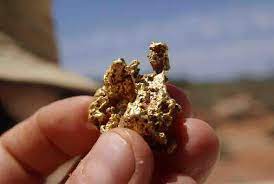
A must-visit for any casual prospector spending time in the Colorado mountains, Cache Creek was a commercial operation that was shut down in the midst of productive operations. Of all the places open to casual prospecting in Colorado, this is the one to hit if you dream of finding a nugget. No promises of course, it may remain just a dream for you, but it can happen here. The site was privately owned for about 100 years and was repurchased by the Feds (under BLM management) in 1992 specifically to provide a place for gold prospectors to dig…and for the elk winter habitat it represents. Since it is repurchased land, it is unclaimable…open for you to play 🙂
The BLM has discussed formal plans to start charging a small fee to use the site. I suppose this will pay for the port-a-potty setup and such. However, no changes are being made yet. I confirmed this personally with the BLM staff at the Royal Gorge Field Office in Canon City June 5th, 2017. This means no fees, no new restrictions on where we can dig…same rules as recent years. Here’s a pic of the rules posted on site:
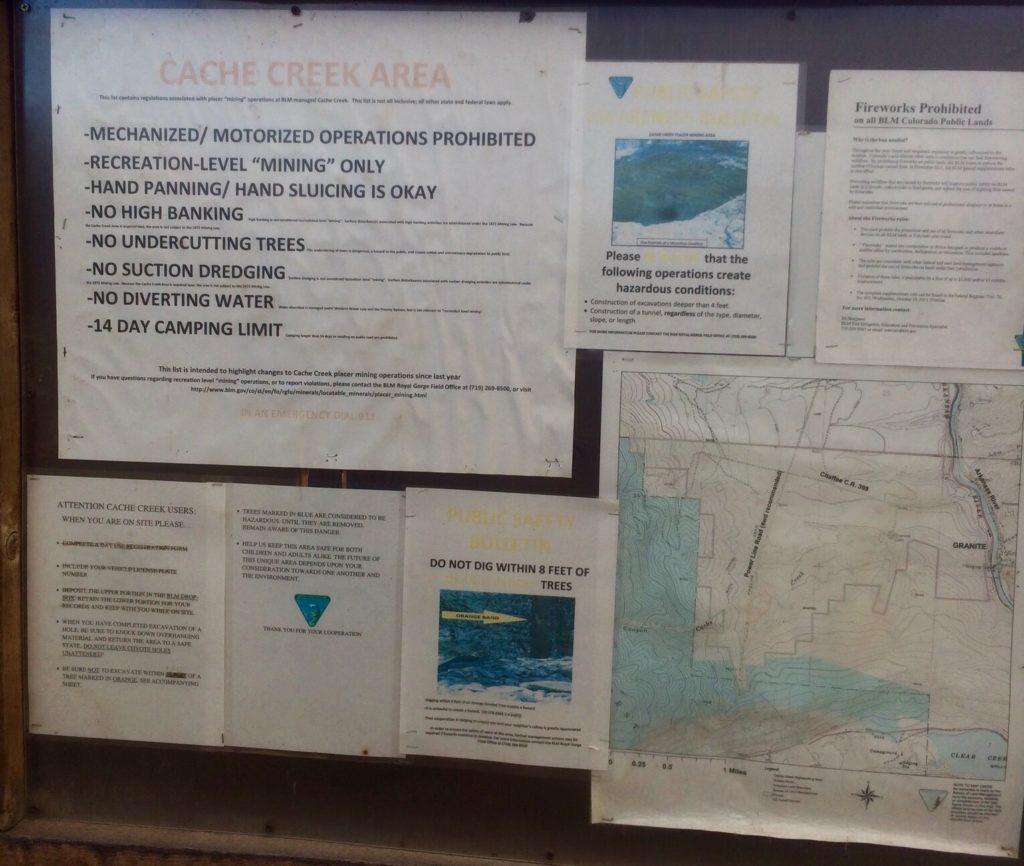
Key points:
- No power or mechanized equipment and no water diversion
- leave your dig site in a safe condition for other users and animals
- no digging near trees
- Dispersed (no drinking water or hookups available) camping is allowed in this area for up to 14 days
- Although you can always walk in, motor vehicle access to the main parking area is limited by a gate. The gate is open from just before Memorial Day weekend through November. (The closure protects winter habitat use by an elk herd – this is where the mommas raise their babies…and reduces road damage.)
To get there follow US-24 to Granite (between Leadville and Buena Vista) and turn west off the highway at Lost Canyon Road. Follow the road up onto the plateau and travel west to the intersection with a road that runs under the electrical wires. Follow that unmarked road southerly (turn left) to an ungraded dirt parking lot. In the lot you will see porta-toilets and the sign with rules and such (I thought about including a pic of the toilets here, but I think you know what they look like!).
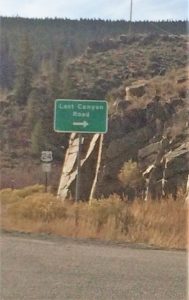
Turn off highway 24 at this sign for Lost Canyon Road. It’s just south of several buildings which are wedged in on the west side of the highway between the hillside and the highway.
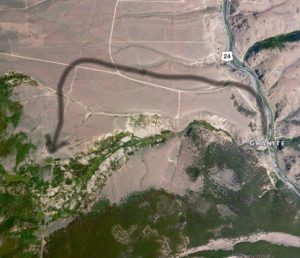
The black line I’ve drawn on the satellite image below shows your route from the Lost Canyon sign to the parking lot via the dirt road under the high-power electric lines.
The reacquired area is quite large here as you can see on the BLM website (2017 update: actually, the BLM took down their website info so look at the map above in the picture with the rules, or my copy below). Onsite, you’ll see piles of material in various states of having been mined. There is gold all over here, in the dirt under your feet as you walk around the artificial valley, in the odd artificial hills left behind by the hydraulic mining and even in the steep hillsides of the valley edge where they stopped hydraulic operations after the court order back over a century ago.
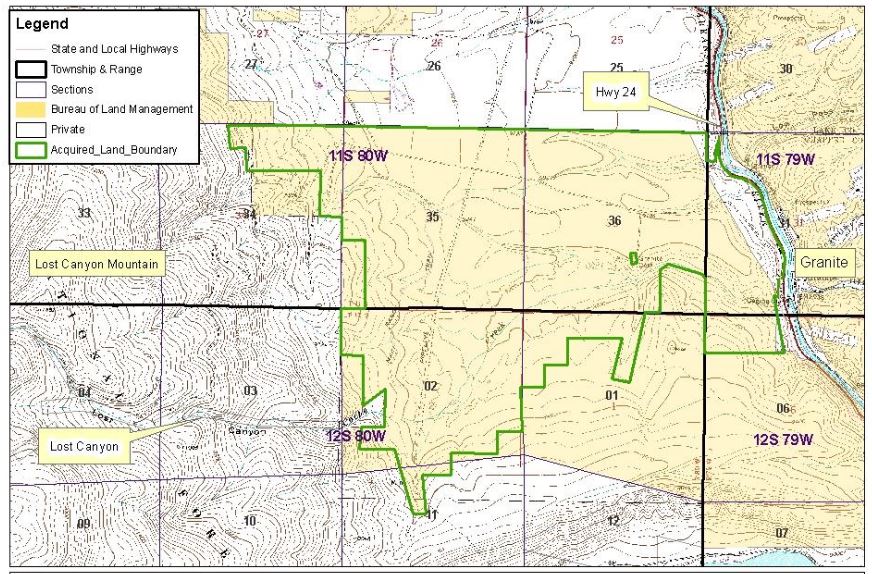
The following map was produced in 2020 to show the area open to active prospecting. It’s essentially the entire mined valley. Areas outside of that are protected for historic reasons. NOTE: the dirt road that runs south through the letter C of “Creek” and then the e of “Yellow” is the powerline road running south to the parking lot. Hopefully this will help orient you for comparison to the other maps in this article.
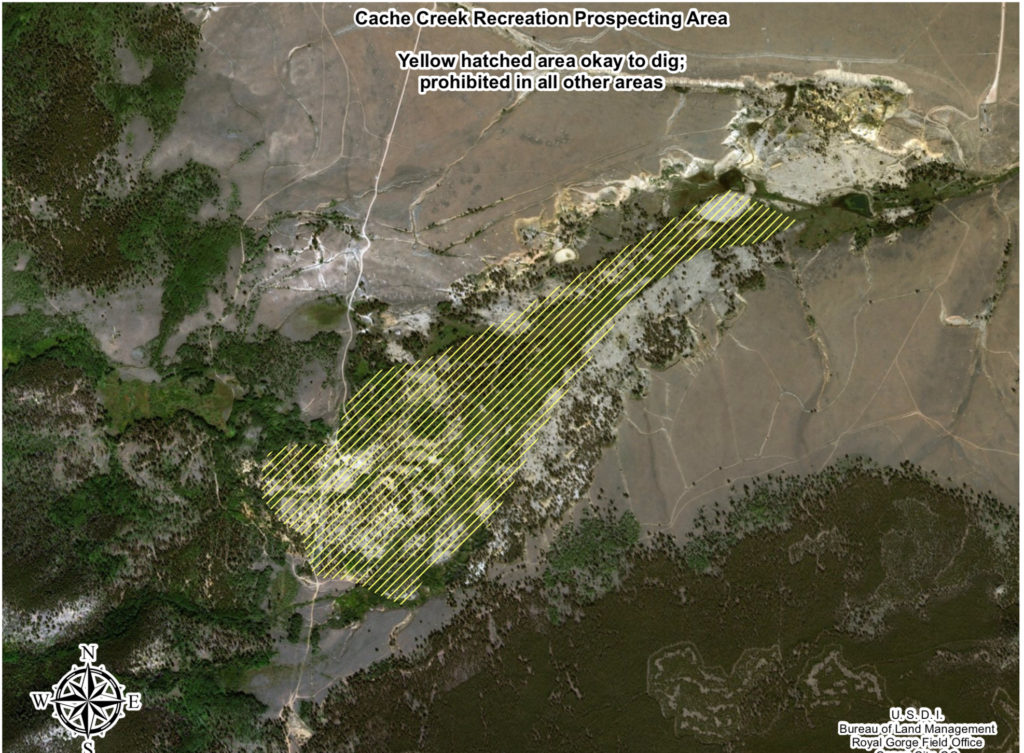
Water flows can vary here by quite a bit, so it helps to have larger and smaller sluices along with you. Generally, the streams flowing through the site are high in the spring during snowmelt and drop as the summer unfolds. Here we see sluices being run in early November with the whole stream of the creek running thru these small sluices!
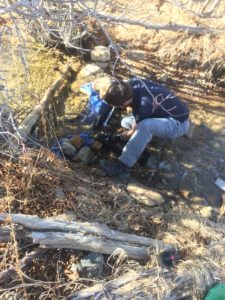
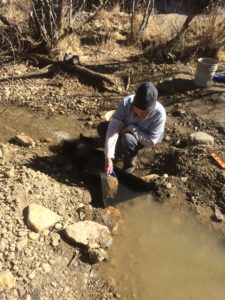
The gold here is mostly quite fine as is typical of Colorado so be sure you are prepared to catch the fine stuff! However, also take a look at the bigger flakes in the picture below. I have found nice larger flakes here even big enough to pick up with my fingers “pickers”.
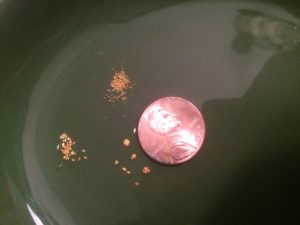

While you are in the area, you may also want to try digging in the Arkansas River. Here’s info on a public location nearby: 
History Preservation:
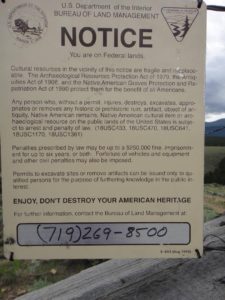
As you drive the dirt road into the site, you’ll drive past a left turn to an old cemetery. Be aware of restrictions applicable to this area. Per Keith Berger of the BLM in 2017: A number of years ago the BLM Royal Gorge Field Office (RGFO), in conjunction with Colorado’s State Historic Preservation Office (SHPO), determined that portions of the Cache Creek acquisition includes the historic Cache Creek placer site. This historical site includes some of the creek and surrounding area, near the Granite Cemetery, and is eligible for inclusion on National Register of Historic Places. Damage to this type of historic property is prohibited by several historic preservation laws (National Historic Preservation Act, Archaeological Resources Protection Act, etc.) and the Code of Federal Regulations, in 43 CFR 8365.1-5 (a)(1).
…so, respect that spot downstream of the active placer area. Don’t dig it.

ACCESS: The gate allowing prospectors to drive all the way to the edge of the main prospecting area is opened the week before Memorial Day each year and closed for winter at the beginning of November. This is to minimize disturbance of the elk on their wintering and calving grounds. You can still walk in year-round of course.
Looking for a chance to stay in a real, restored miner’s cabin near here? These cabins are managed by the USFS and are just a few miles south of Cache Creek on Clear Creek.
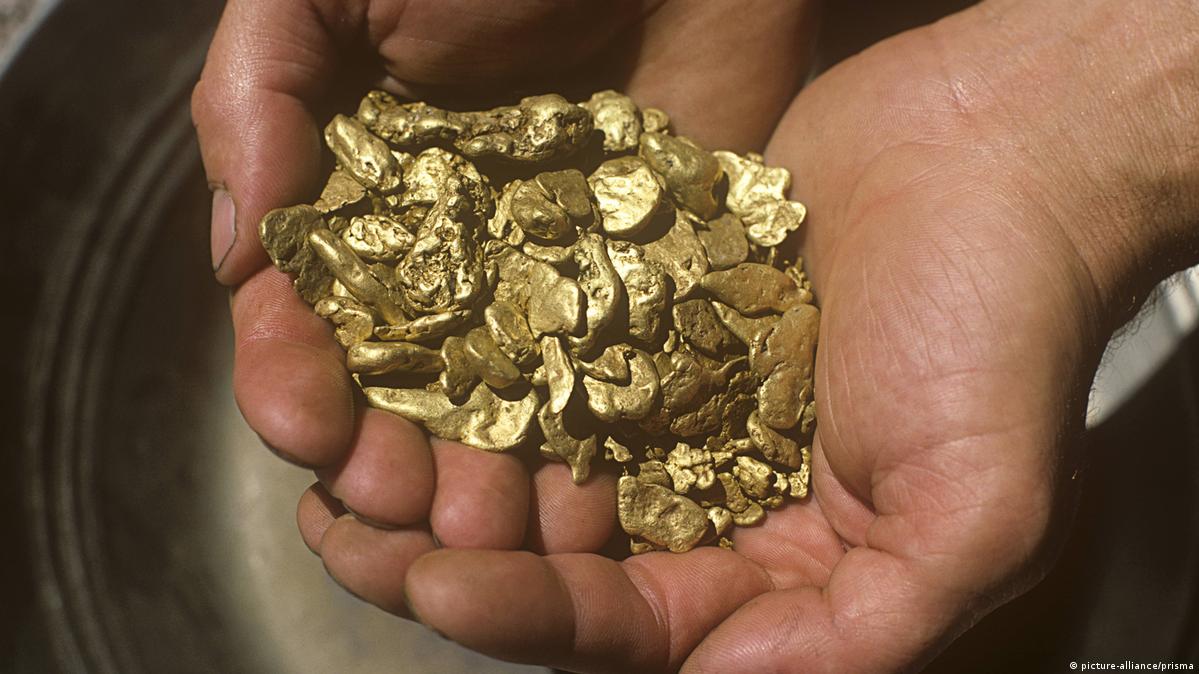
Looking for a way to say thanks for all this great info? Send me a small cash gift at Tips for Kevin or consider buying my book! It has more info on this site and 185 other free, public dig sites across the mineralized areas of Colorado.


